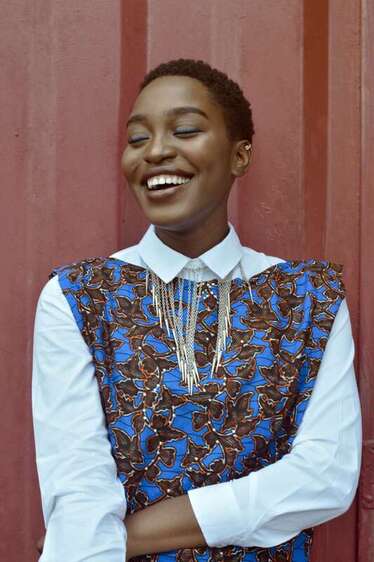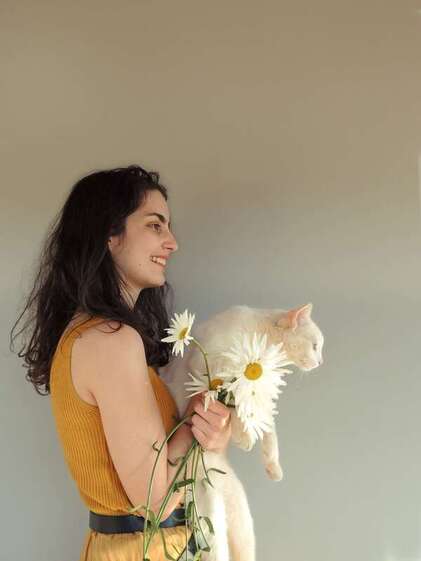
As adults we need to understand our childhoods. We need to understand the ways in which our parents got it right and the ways they messed up. This allows us to understand the wounds that we now carry. It helps us understand how to show up for ourselves and how to avoid abandoning ourselves in the same ways that we were abandoned as children.
This is the basis of all emotional healing in adulthood. You can take all the yoga classes, read all the self help books, and have the perfect meditation practice, but if you fail to stop abandoning your inner child, you will never step fully and authentically into your own power.










 RSS Feed
RSS Feed
